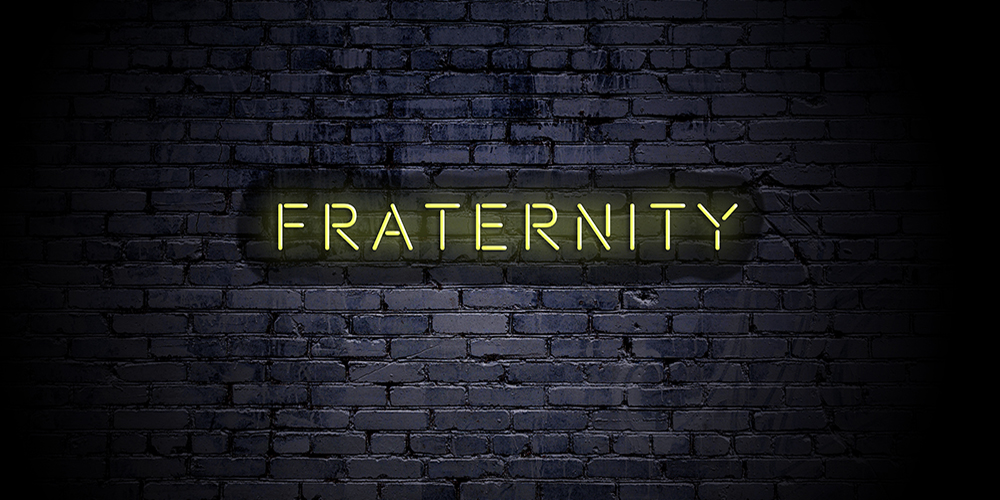LAWRENCE, Kan. — Two University of Kansas fraternity chapters have been suspended for five years after an investigation uncovered a longstanding culture of hazing.
Phi Gamma Delta and Phi Delta Theta will be removed from the campus until spring of 2027, once all current members have graduated, according to documents obtained by The Star through an open records request.
Tammara Durham, vice provost for student affairs, sent a letter to the fraternities Tuesday informing them of the decision. The letter outlined a pattern of hazing activities originally investigated by national fraternity leadership and then reviewed by a university panel. The fraternities have 30 days to appeal the decision.
Investigators determined each fraternity chapter had its own “brand” of hazing, including activities that destroyed pledges’ property and regularly inflicted verbal and physical abuse.
At Phi Gamma Delta, members created a “comprehensive hazing program” that kept pledges “under the control and authority of members every waking minute each day,” according to investigators. In September, a pledge said they did not sleep for four nights because other members would enter their rooms and subject them to “tacoing,” which involved lifting and slamming their beds up against walls while they were in them.
The same pledge claimed he once found the upstairs locker room “trashed, covered in vomit, liquor, pee, old food, trash, and who knows what else.”
“When we tried to clean it up, we were told to go immediately to bed without showering and do it in the morning,” the pledge wrote in a complaint, adding he and others were forced to “sleep in vomit-covered sheets.”
At Phi Delta Theta, one member told university officials that during the pledge process, pillows and mattresses were often thrown out windows, rooms were rummaged through, and personal belongings were broken. Members often slept in their cars to get adequate sleep, according to findings. Another member said he was forced to watch a movie that showed the violent slaughtering of a dolphin.
Another member said after he reported his concerns, members threatened him through texts and messages and “pounded on his door, pushed him, spit on him, and threw beer bottles at him,” reports KMBC. The member said he was concerned for his safety and had to be escorted out of the house by Lawrence police.
Hazing allegations against the fraternities and documented by the university span more than a decade. In one instance outlined in the investigation, a Phi Gamma Delta pledge was paralyzed after he dove into a temporary pool set up in the chapter house’s parking lot. The investigation did not confirm whether the pledge was ordered to dive.
“Members of these two fraternities – including the organizations’ leadership – knowingly engaged in systemic hazing that threatened the health and safety of students. Moreover, this behavior was the continuation of a well-documented pattern of hazing during the previous decade, demonstrating these organizations are unwilling to address this behavior themselves. This is not acceptable,” a KU spokesperson wrote in a statement. “KU students and organizations are expected to conduct themselves responsibly, and the majority of our sorority and fraternity community is doing that. We cannot allow these two chapters to undermine the great work being done in the community since the creation of the Sorority and Fraternity Life Task Force in 2018.”
Other KU fraternities were recently closed due to hazing allegations. In Nov. 2020, the university announced it was shutting down Pi Kappa Phi until spring 2026. In 2018, the national chapter of Sigma Alpha Epsilon closed its KU chapter for four years.
Last fall, during nationwide protests regarding an alleged culture of sexual assault within Greek life, KU students held several protests in response to allegations of rape at the Phi Kappa Psi fraternity.







